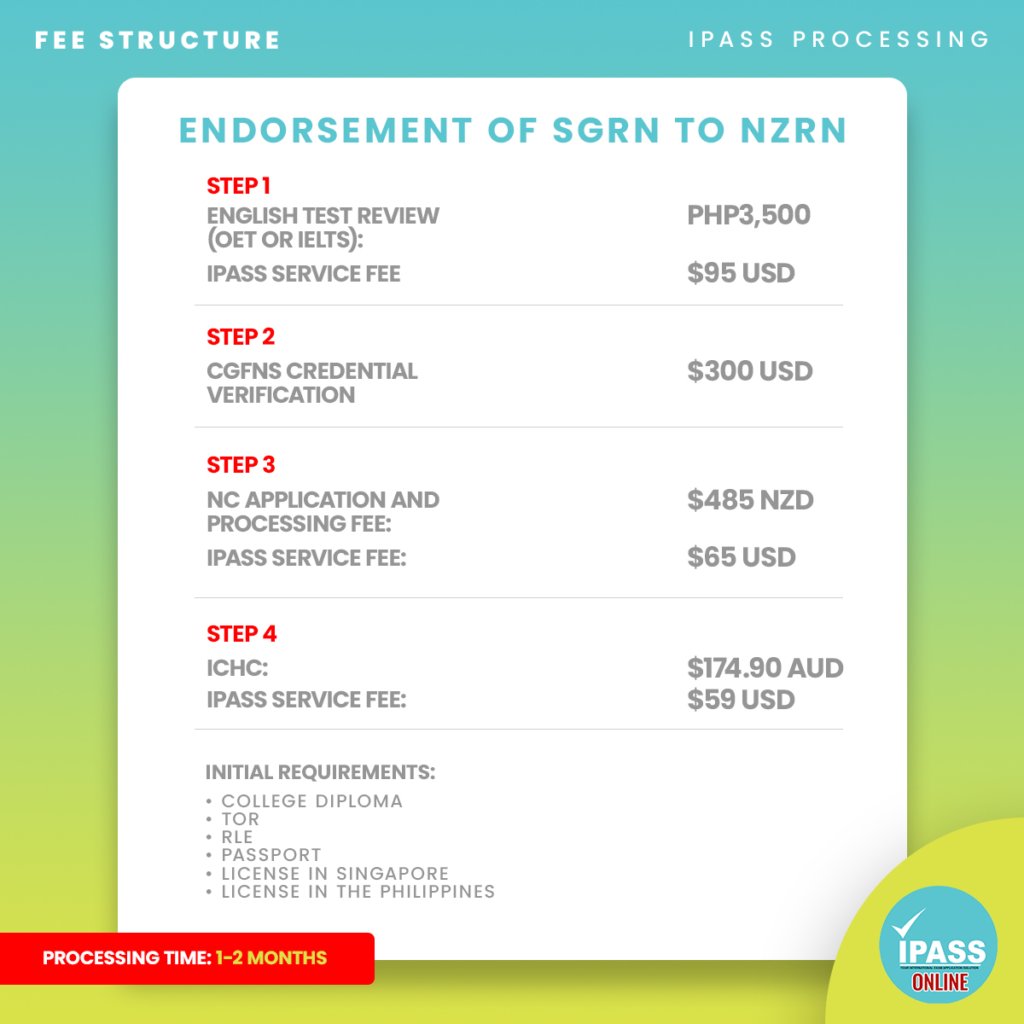In a high-stakes environment, stress is undoubtedly imminent for nurses. As they play a crucial role in patient care, nurses frequently experience high levels of stress and burnout due to the nature of their jobs. Stress management is only sometimes a luxury in the nursing workplace. To ensure the nurse’s well-being and maintain the standard of patient care, one must make means and go through practical ways to help oneself manage stress at work.
Understanding the Impact of Stress
Stress is expected as one of the many ordeals one encounters at work. Stress can have many causes in the nursing environment, including overwhelming workloads, time restraints, a lack of resources, and coping with stressful or traumatic situations. In addition, chronic stress negatively impacts nurses’ physical and mental health and overall job performance.
Nursing is challenging, entailing long hours, complex patient cases, emotional difficulties, and a hectic setting. They are undoubtedly susceptible to burnout and stress-related problems because of the constant pressure to offer the finest care possible and the duty of handling varying circumstances.
The effects of occupational stress can be severe, compromising a nurse’s physical and mental well-being and the standard of care they provide to patients. Moreover, stress can impair patient safety and result in fatigue, sleep disruptions, decreased job satisfaction, and reduced productivity.
Recognizing Stress in the Nursing Workplace
Given that the profession takes place in varying settings, nurses also experience different kinds of stressors. At the very core, one must identify signs of burnout before tackling the stress management strategies in the workplace. The following are some typical signs of stress in nursing:
1. Physical Signs: The most common indicator of stress is the physical signs. It includes frequent headaches, tense muscles, and digestive issues.
2. Emotional Exhaustion: Where one feels emotionally spent and cut off from patients and coworkers is known as emotional tiredness.
3. Cognitive Difficulties: When one encounters difficulty focusing, choosing, or remembering information.
4. Absenteeism: Taking more sick days or reducing attendance at work, heavy workloads and sentiments of underappreciation are examples/causes of absenteeism.
5. Reduced Job Satisfaction: Having a lower sense of fulfillment or dissatisfaction with one’s position on the healthcare team.
Effective Stress Management Strategies in the Workplace
Every person has varying means of overcoming stress. However, knowing what to do when the circumstances present itself is a start. Below are some stress management strategies to alleviate stress in a strenuous workplace:
1. Practicing Self-care: As a nurse, the profession can get demanding; as such, one should be able to recognize and prioritize their well-being. A balanced diet, regular exercise, and enough sleep are essential for preserving physical and mental health. Encouraging a scheduled time for preferred pastimes and extracurricular activities helps ease some stressors one may encounter.
2. Meditation: Including breathing exercises and other relaxation techniques in your daily nursing routine helps. Meditation, yoga, and breathing techniques can all lower stress and strengthen emotional resiliency.
3. Communication: A workplace environment where open communication is encouraged enables nurses to voice their worries, share their experiences, and look for assistance. A great example could be a team meeting that can serve as a forum for discussing problems and coming up with solutions.
4. Time Management: Developing time management abilities and methods relieve stress caused by the to-do pile. Therefore, it enables one to concentrate on more important duties and your patients. Set priorities for one’s work, delegate when necessary, and refrain from taking on too many obligations.
Summing up
A nurse’s well-being and delivery of quality patient care can depend on how effective their stress management strategies are in the workplace. Nursing has countless circumstances that test one’s resilience and mental fortitude. Due to the demanding nature of the nursing profession, proactive measures must be taken to prevent burnout and to advance strength and general health.
Integrating self-care routines, fostering open communication, and managing time are healthy steps to overcome stress. The first step in enhancing the general quality of healthcare outcomes is to care for the nurses caring for others.
We at IPASS have your back! IPASS Processing offers its service to nurses who wish to apply for the NCLEX in the United States, Canada, and Australia. We ensure to provide and deliver you a smooth and hassle-free NCLEX application. For more inquiries, contact us now!














No Comments